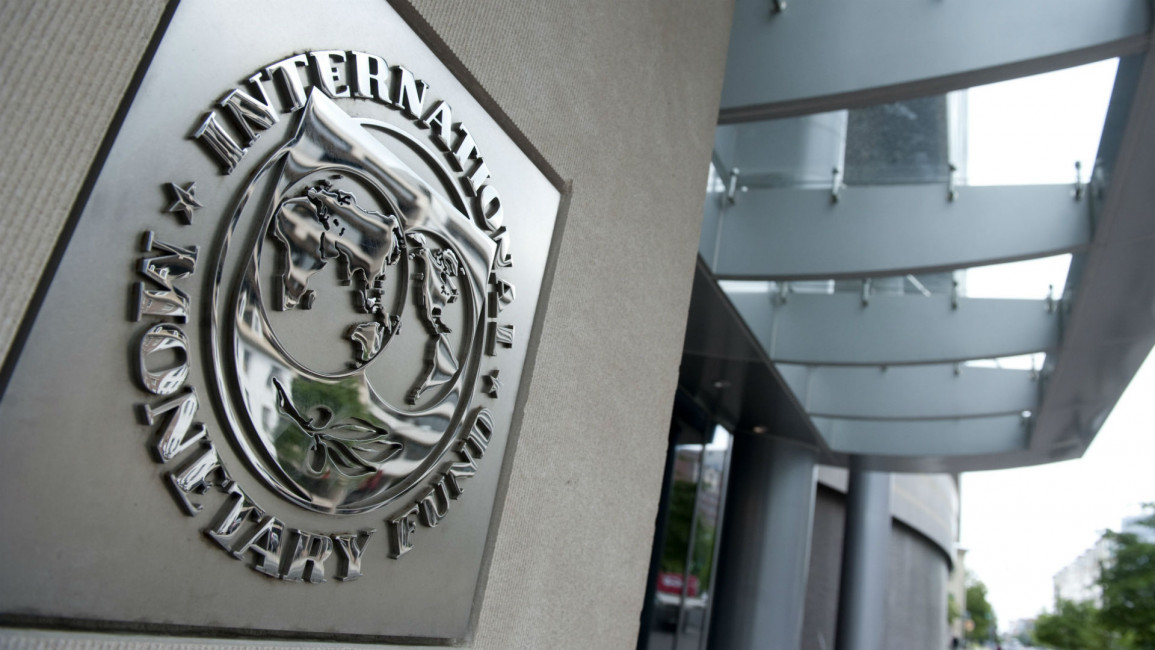IMF lowers growth expectations for Egypt and Saudi Arabia
The International Monetary Fund has lowered its economic forecasts this year for two of the Arab world's largest economies, reflecting sluggish growth rates brought on from austerity reforms and continued low oil prices.
Egypt and Saudi Arabia began austerity programmes last year to stabilise their economies, with Cairo cutting back in order to secure an IMF loan and Riyadh beginning efforts to wean its economy away from oil.
The international lender said in its latest World Economic Outlook that Egypt's real gross domestic product (GDP) will expand 3.5 percent this year. This is half a percentage point lower than its October prediction of 4 percent.
The report added, however, that the country's growth will rebound to 4.5 percent in 2018, which comes close to the new target set by Cairo in its budget.
Since its decision to float its currency in November, Egypt has seen inflation surge above 30 percent, causing huge difficulty for the country's population of over 90 million.
With around half of that number living below the poverty line, the effect of reforms on subsidies and rations has further pressed the country's poorest.
Consequently, popular unrest has gained momentum, with thousands of Egyptians having taken to the streets to protest cut-backs on bread subsidies.
Despite the IMF-imposed reforms adversely affecting growth, Egypt's central bank reported on Tuesday that financial sector inflows had reached $19.2 billion since November's currency floatation.
Egyptian officials are currently in Washington in talks over the release of the second tranche of its $12 billion loan.
The IMF report said that Saudi Arabia's economy is expected to expand 1.3 percent in 2015, a fall from January's projection of 2.3 percent.
The Washington-based lender cited "lower oil production and ongoing fiscal consolidation", for the adjusted projection.
Last year, Riyadh introduced a sweeping programme of economic reforms spearheaded by Deputy Crown Prince Mohammed bin Salman.
The plan, dubbed Vision 2030, aims to drastically reduce the kingdom's reliance on crude and its related public subsidies.
A dramatic fall in oil prices since 2014 was helped by Riyadh's refusal to cut oil output, despite being faced with oversupply. The commodity's fall in value has negatively impacted the country's public finances and left Riyadh unable to pay private contractors.
Output cuts agreed upon by the Organisation of Petroleum Exporting Countries have affected Saudi Arabia the most, with the kingdom having pledged to cap its output by 486,000 barrels per day to 10.058 million barrels.
According to OPEC, Riyadh's oil production fell to 9.9 million barrels per day.



